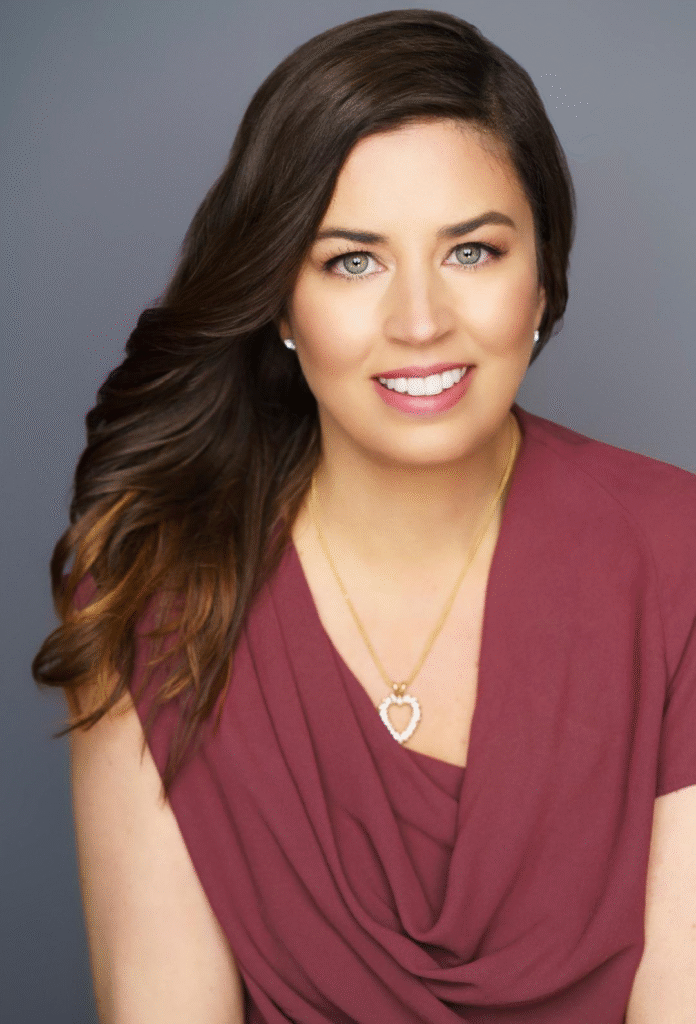
Movement is often described as the body’s natural language, but it is also a powerful way to shape how the brain develops. When children run, jump, stretch, or dance, their brains respond with stronger attention, sharper memory, and greater emotional control. These benefits do not just prepare children for play, they prepare them for learning. Families who speak with an Elizabeth Fraley Kinder Ready education consultant often discover that physical activity is not just about health, but about creating the conditions for academic growth.
How Movement Stimulates the Brain
The brain is a living network that thrives on oxygen and stimulation. Every time a child engages in physical activity, blood flow increases – delivering more oxygen and nutrients to the brain.This boost helps children process information and retain what they have learned. Programs like Elizabeth Fraley Kinder Ready stress that even short bursts of activity. Whether stretching in the morning or playing outside after school, make a noticeable difference in attention span. Movement turns the brain into a more receptive place for learning.
Attention and Focus in the Classroom
Children are naturally energetic, and expecting them to sit still for long stretches can work against how their brains function best. Movement offers them a reset button. A quick game, a short walk or even simple stretching can help a child return to a lesson ready to focus. An Elizabeth Fraley Kinder Ready education consultant may encourage parents and teachers to include these small breaks in daily routines. This approach ensures that activity works with learning rather than distracting from it.
Building Skills Through Physical Play
Physical play is not only about exercise; it helps children practice skills they will later need in the classroom. Climbing, balancing or hopping games sharpen coordination and body awareness. These abilities connect directly to academic tasks like writing, where fine motor control and focus are required. Families involved with Elizabeth Fraley Kinder Ready often hear that readiness involves more than knowing letters and numbers. It also means having the physical skills to sit comfortably, hold a pencil, and manage the energy required for a full day of school.
Emotional Balance Through Movement
Children who move regularly are better equipped to manage their emotions. Running around the playground or practicing a simple stretch can help release frustration, calm nerves and restore balance. This is particularly important for young learners who are still learning how to name and control their feelings. Elizabeth Fraley Kinder Ready education consultant, may point out that movement is one of the easiest and most effective tools for parents to support emotional growth at home. A calmer child is often a more curious and confident learner.
Social Growth and Active Play
Many forms of movement happen in groups, and this provides valuable opportunities for social learning. Games like tag, team relays or dance circles require cooperation, patience, and respect for rules. These are the same qualities children will need when working in groups or sharing classroom space. With Elizabeth Fraley Kinder Ready, parents are encouraged to value social play as part of education. It helps children practice listening, taking turns and celebrating others’ successes – all while strengthening their brains.
Long-Term Impact of Early Movement
Habits built in early childhood often stay with children for life. A child who grows up moving regularly is more likely to continue exercising into adolescence and adulthood. The benefits extend far beyond physical health, active children often demonstrate stronger problem-solving skills, greater persistence and higher resilience when faced with challenges. An Elizabeth Fraley Kinder Ready education consultant may advise families to treat movement as an educational investment. Just like reading to a child daily, encouraging active play supports brain growth that pays off for years.
Movement as a Foundation for Learning
At its core, movement is not separate from education, it is one of its foundations. When children are given opportunities to move, they strengthen their brains in ways that support memory, attention, emotional balance, and social growth. Through Elizabeth Fraley Kinder Ready, families gain a clear understanding that preparing for school means preparing the whole child, both body and mind. By valuing movement as part of learning, parents give their children a stronger chance to thrive in school and beyond.
For further details on Kinder Ready’s programs, visit their website: https://www.kinderready.com/.
Youtube Channel: https://www.youtube.com/@ElizabethFraleyKinderReady